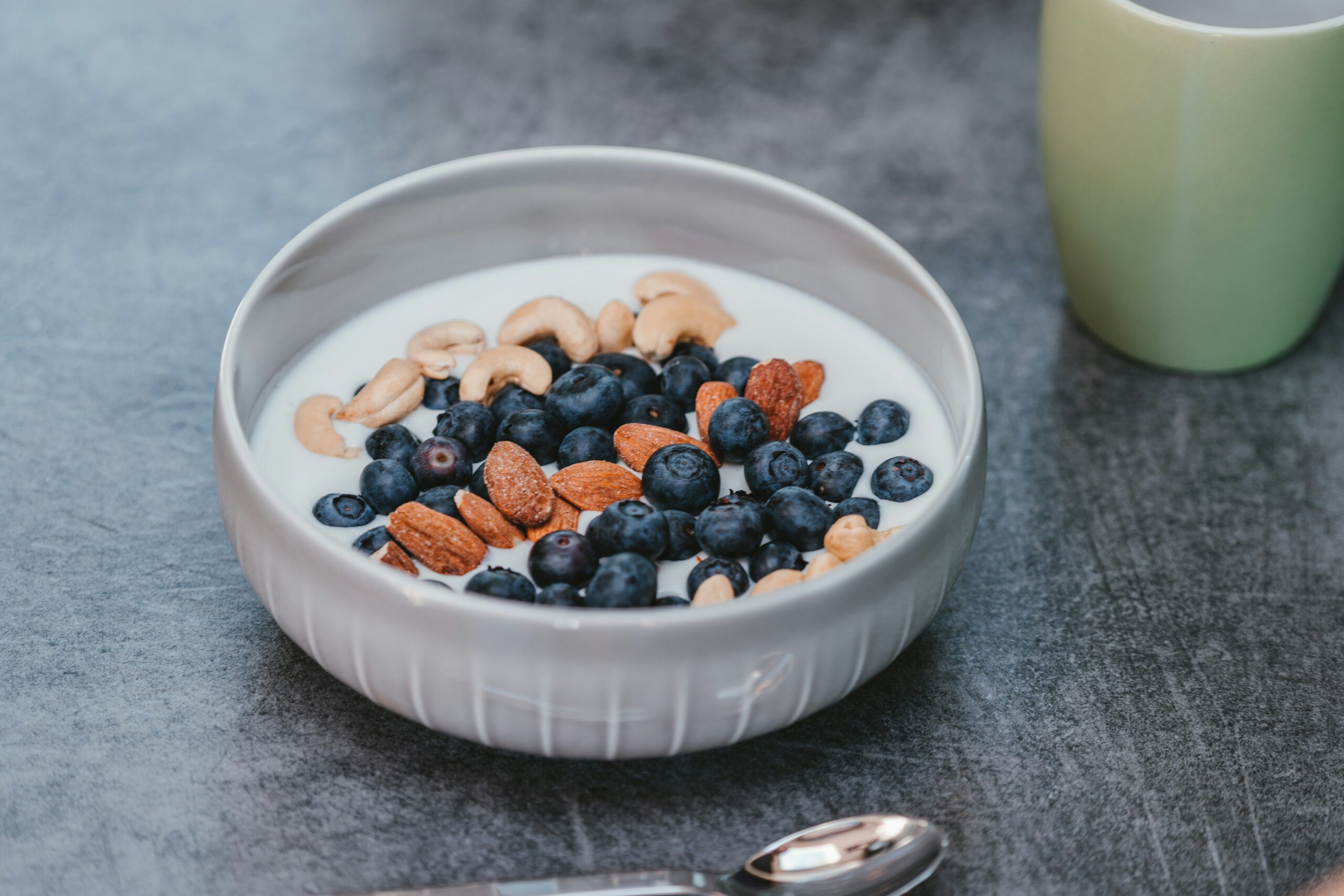How Gut Health Affects Weight Loss

Table of Contents:
Gut health plays a pivotal role in regulating metabolism and managing appetite, making it a key factor in achieving and maintaining a healthy weight.
In this article, we’ll delve into the intricate relationship between the gut and the brain, exploring how gut health impacts various metabolic processes and appetite regulation mechanisms. By understanding this connection, we can unlock valuable insights into effective weight loss strategies.
Understanding Gut Health
A thriving gut microbiome is crucial for overall health, impacting digestion, immune function, and mood regulation. Diet, lifestyle, and environmental factors influence its composition and diversity.
Maintaining a healthy gut requires a balanced diet rich in fiber from fruits, vegetables, whole grains, and legumes, while avoiding processed foods and excessive sugars. Lifestyle habits like managing stress, regular exercise, and adequate sleep also contribute to gut health.
Chronic stress can disrupt gut function, emphasizing the importance of stress management techniques like mindfulness meditation or yoga.
Environmental factors such as antibiotics, pesticides, and pollutants can also affect gut health, highlighting the importance of minimizing exposure whenever possible.
Overall, nurturing a healthy gut microbiome involves mindful choices in diet, lifestyle, and environmental factors, enhancing overall well-being and supporting weight loss efforts.
Strategies for Improving Gut Health
Improving gut health is key to enhancing overall well-being and supporting weight loss efforts. By implementing simple yet effective strategies, you can cultivate a healthy gut microbiome and optimize your metabolic health.
Embrace a Fiber-Rich Diet
Incorporating plenty of fiber-rich foods into your diet, such as fruits, vegetables, whole grains, legumes, and nuts, can promote the growth of beneficial gut bacteria. Aim for a diverse range of plant-based foods to provide a variety of fibers that nourish your gut microbiota.

Include Fermented Foods
Fermented foods like yogurt, kefir, sauerkraut, kimchi, and miso contain probiotics—live beneficial bacteria that support gut health. Adding these foods to your diet can help replenish and diversify your gut microbiome.
Consume Prebiotics
Prebiotics are non-digestible fibers that serve as fuel for beneficial gut bacteria. Foods rich in prebiotics include garlic, onions, leeks, asparagus, bananas, and chicory root. Incorporating these foods into your meals can help feed the good bacteria in your gut.
Manage Stress
Chronic stress can disrupt the balance of gut bacteria and contribute to inflammation in the gut. Practice stress-reduction techniques such as mindfulness, meditation, deep breathing exercises, and yoga to support gut health.
Prioritize Sleep
Adequate sleep is essential for maintaining a healthy gut microbiome. Aim for 7-9 hours of quality sleep per night to support optimal gut function and reduce the risk of gut-related issues.
Stay Active
Regular physical activity has been shown to positively influence gut microbiota composition. Engage in moderate-intensity exercise, such as walking, jogging, cycling, or swimming, to promote a diverse and healthy gut microbiome.
Incorporating these strategies into your lifestyle can help foster a thriving gut ecosystem, leading to improved digestion, enhanced nutrient absorption, and better weight management outcomes.
Conclusion
In summary, the gut-brain connection is a fascinating and essential aspect of our overall health, particularly when it comes to weight loss.
By understanding how gut health influences food cravings, metabolism, and even our mood, we gain valuable insights into how we can better support our weight loss efforts. From choosing gut-friendly foods rich in fiber and probiotics to adopting lifestyle habits that promote a healthy gut environment, there are numerous strategies we can implement to optimize our gut health and, in turn, enhance our weight loss journey.
As you embark on your own quest for better health and weight management, I encourage you to prioritize gut health as a fundamental aspect of your approach. By nourishing your gut with nutrient-dense foods, managing stress levels, prioritizing sleep, and staying physically active, you can create an environment within your body that fosters optimal digestion, absorption of nutrients, and metabolic function.
Remember, achieving sustainable weight loss is not just about counting calories or following fad diets—it’s about nourishing your body from the inside out and cultivating habits that support your overall well-being. So, as you continue on your journey, keep the gut-brain connection in mind and let it guide you towards a healthier, happier you.






